Otorhinolaryngology focuses on the ear, nose, and throat. Learn about the diagnosis and treatment of hearing loss, sinusitis, tonsillitis, and voice disorders.
Send us all your questions or requests, and our expert team will assist you.
Overview and Definition
The head and neck region contains the most vital sensory organs in the human body. It is how we hear, smell, taste, speak, and breathe. When these functions are compromised, life loses its vibrancy. Otorhinolaryngology, commonly known as ENT (Ear, Nose, and Throat), is the oldest medical specialty in the United States, yet today it stands at the forefront of surgical innovation.
At Liv Hospital, we have redefined the standard of ENT care. We are not just a clinic for treating common infections; we are a comprehensive Head and Neck Surgery Center. Our department combines the precision of high-tech robotics with the artistry of facial plastic surgery and the intricate microsurgery of the inner ear. Whether you are an opera singer facing vocal cord issues, a child needing a bionic ear (cochlear implant) to hear their mother’s voice, or a patient seeking a nose that looks beautiful and breathes perfectly, Liv Hospital provides a multidisciplinary home for your care.

Many patients underestimate the scope of an ENT specialist. While we treat sore throats and earaches, an Otorhinolaryngologist is a highly trained surgeon who manages complex diseases of the head and neck (excluding the brain and eyes).
At Liv Hospital, our specialists are sub-specialized. This means your sinus surgery is performed by a Rhinologist, your cancer surgery by a Head & Neck Oncologist, and your ear surgery by an Otologist. This “super-specialization” ensures that you are treated by a doctor who dedicates their entire career to that specific organ system, resulting in higher success rates and fewer complications.
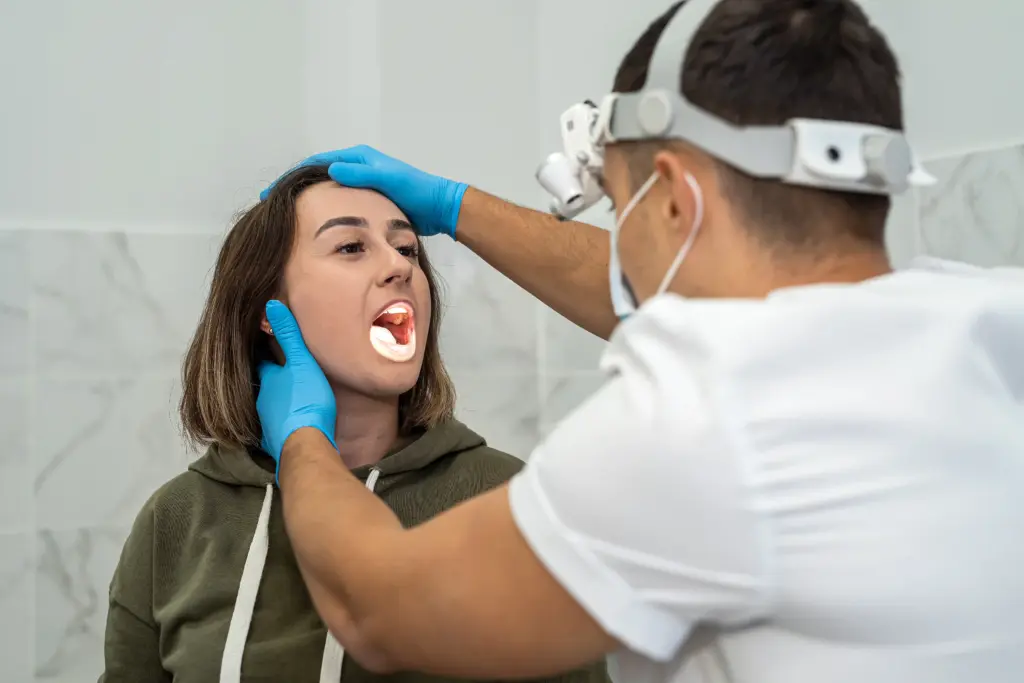
Because the head and neck are so compact—with nerves, blood vessels, and senses packed into a small space—collaboration is key.
This unit focuses on the “air conditioning system” of the body. Chronic sinusitis, nasal polyps, and deviated septums are treated here.
Hearing loss isolates people. Our center is a beacon of hope for those with profound deafness.
For professional voice users (teachers, singers, lawyers), a raspy voice is a career-threatening injury.
A diagnosis of cancer in the tongue, throat, or thyroid is terrifying. Our approach is “Function Preservation.” We aim to remove the cancer while saving the patient’s ability to speak and swallow.
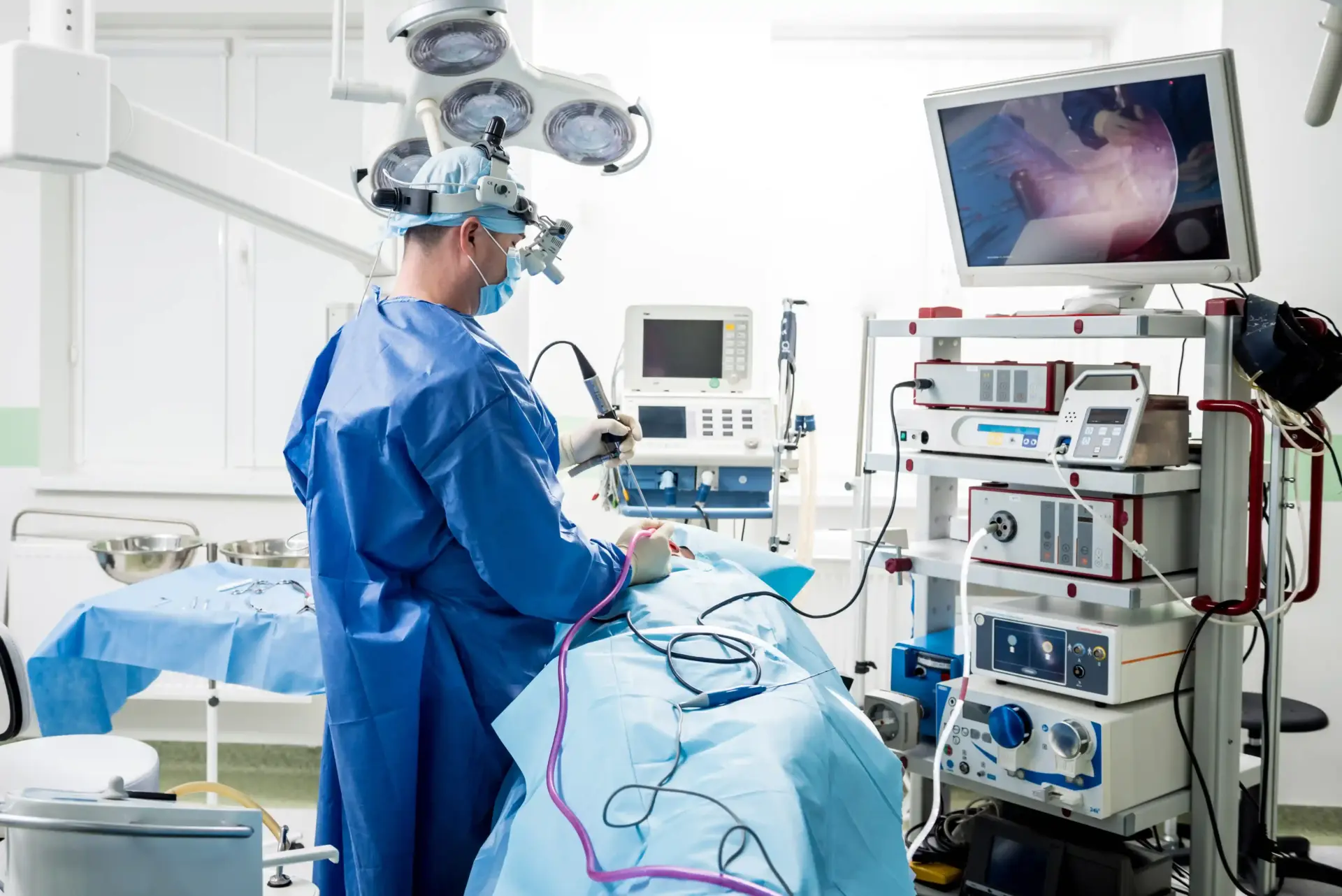
ENT surgery is a game of millimeters. Being 1mm off in the sinus can damage the eye; 1mm off in the ear can cause facial paralysis. To eliminate this margin of error, Liv Hospital invests in the world’s most advanced surgical guidance systems.

Send us all your questions or requests, and our expert team will assist you.

Liv Hospital is one of the few centers in the region utilizing the da Vinci Robotic System for throat cancer and sleep apnea.
The sinuses are a maze of air pockets surrounded by the brain and eyes. During Functional Endoscopic Sinus Surgery (FESS), we use a Navigation System.
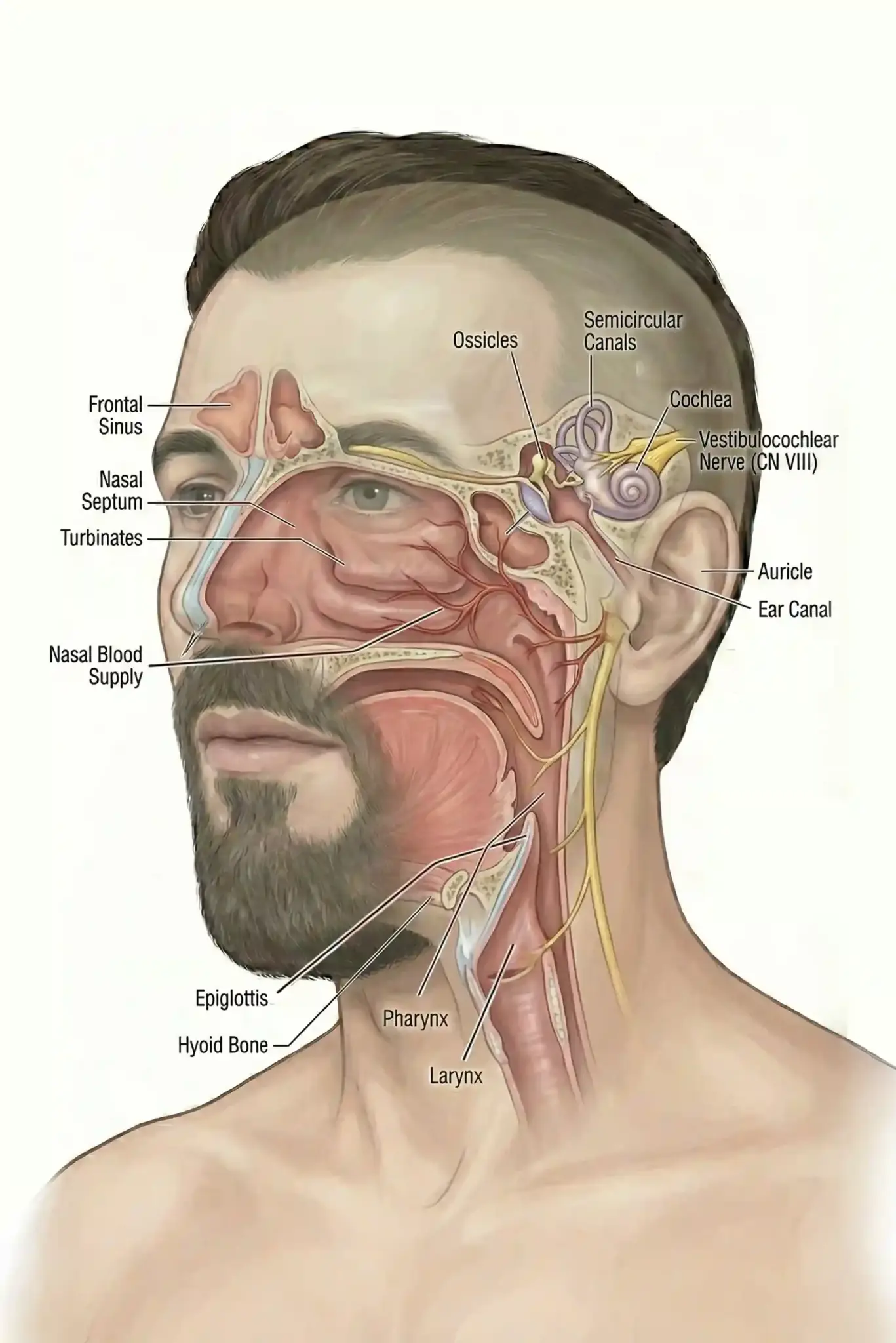
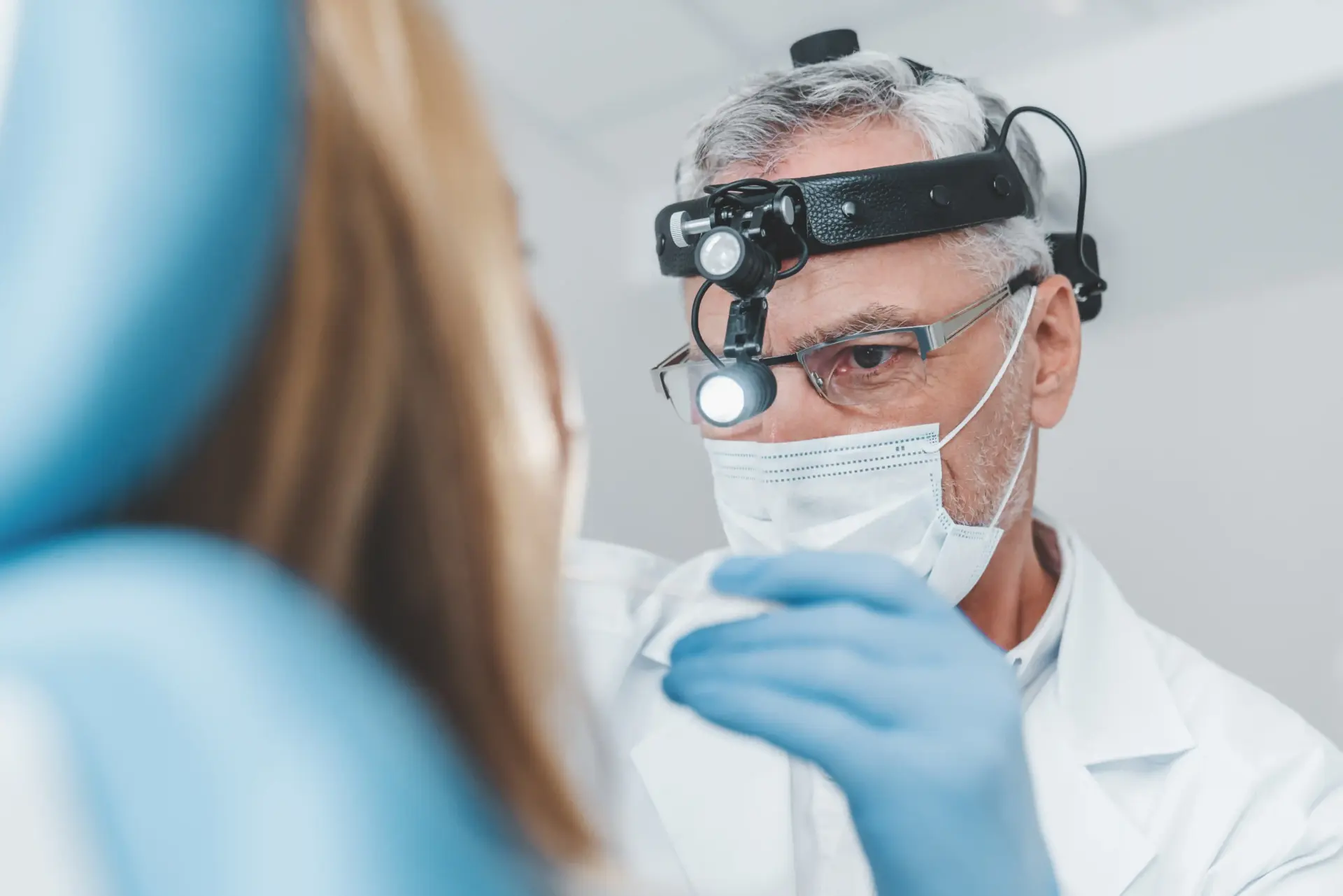
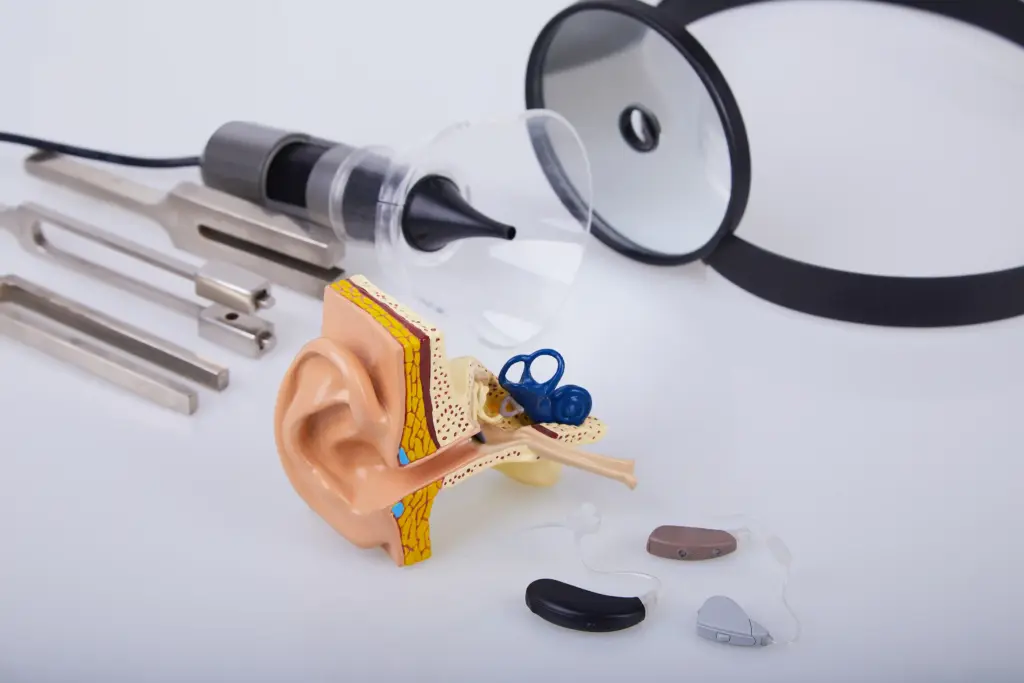
Turkey is the “Rhinoplasty Capital of the World,” but Liv Hospital approaches nose surgery differently. We believe that a nose that looks good but cannot breathe is a failure.
Obstructive Sleep Apnea (OSA) is a serious condition that strains the heart. While CPAP masks are the gold standard, many patients cannot tolerate them.
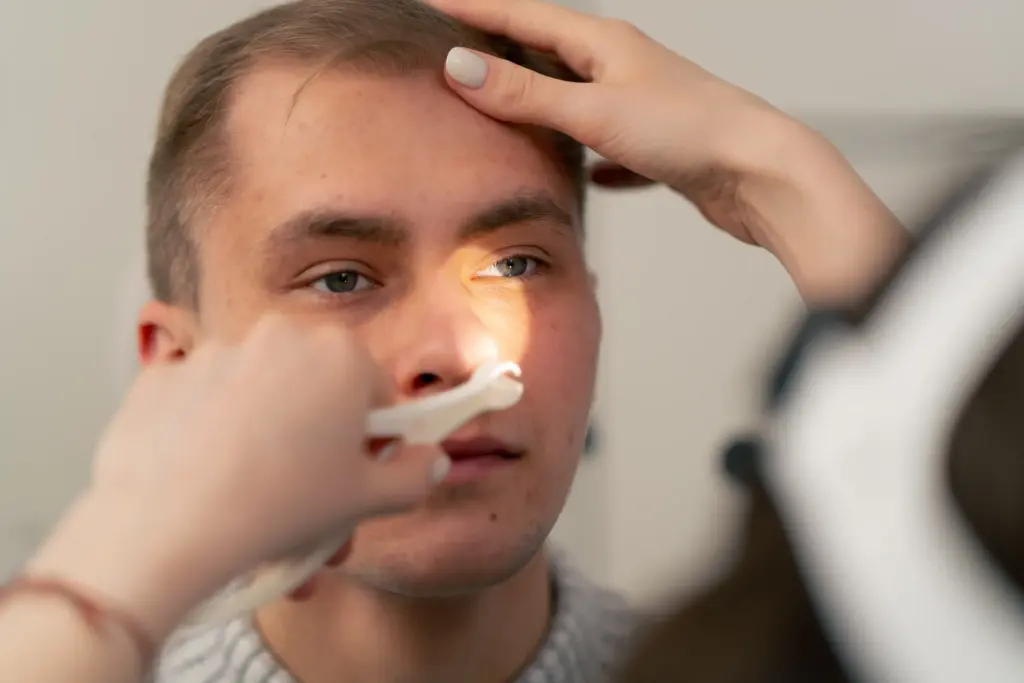
Traveling for medical care requires trust. Here is why thousands of international patients choose Liv Hospital for their head and neck needs:

They treat a wide range of conditions affecting the head and neck, including hearing loss, ear infections, sinusitis, tonsillitis, sleep apnea, voice disorders, and head and neck cancers.
While many insurance plans require a referral from a primary care physician, some allow patients to book appointments directly; it is best to check with your specific insurance provider.
An audiologist is a healthcare professional who specializes in diagnosing and treating hearing and balance issues non-surgically, while an otolaryngologist is a medical doctor who can provide both medical and surgical treatments for ear conditions.
No, surgery is typically considered only after medical treatments such as antibiotics, nasal steroids, and saline irrigation have failed to provide relief, or if there are structural issues, such as nasal polyps.
Yes, they are trained in facial plastic and reconstructive surgery and frequently repair facial fractures, lacerations, and other injuries to the face resulting from accidents or trauma.

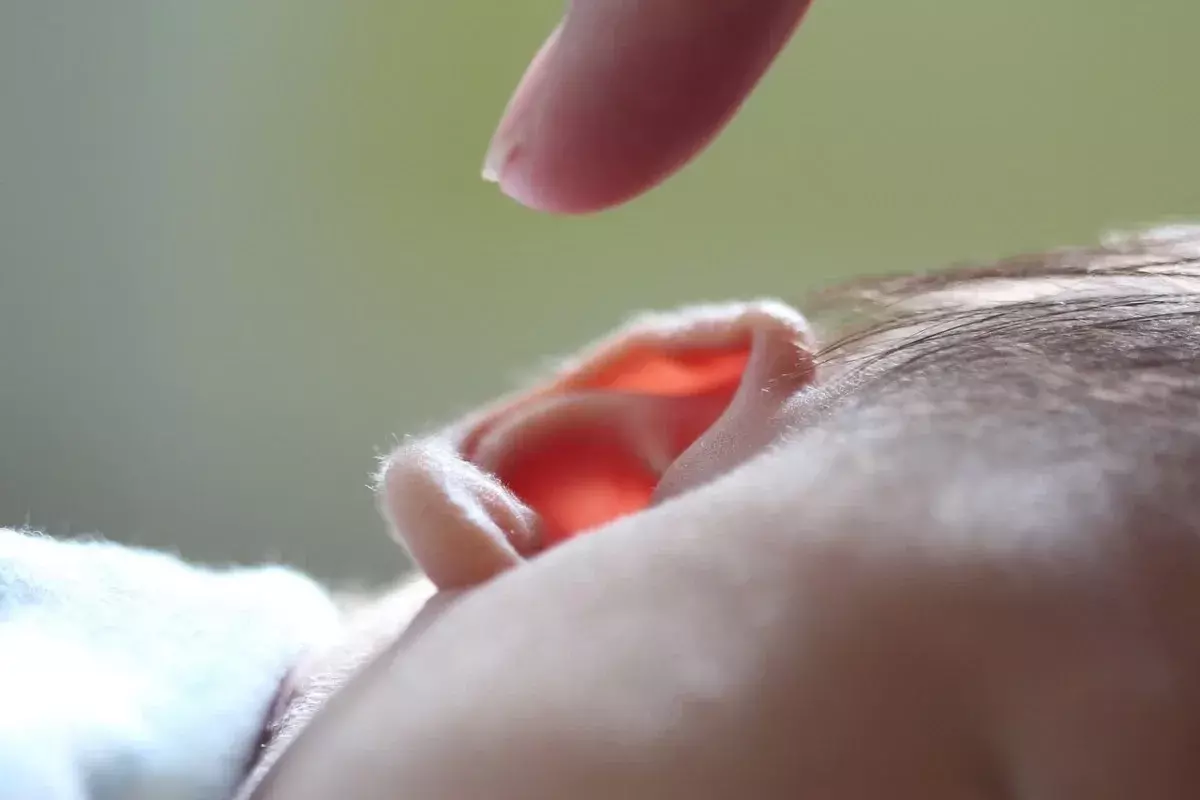






Leave your phone number and our medical team will call you back to discuss your healthcare needs and answer all your questions.
Leave your phone number and our medical team will call you back to discuss your healthcare needs and answer all your questions.
Your Comparison List (you must select at least 2 packages)